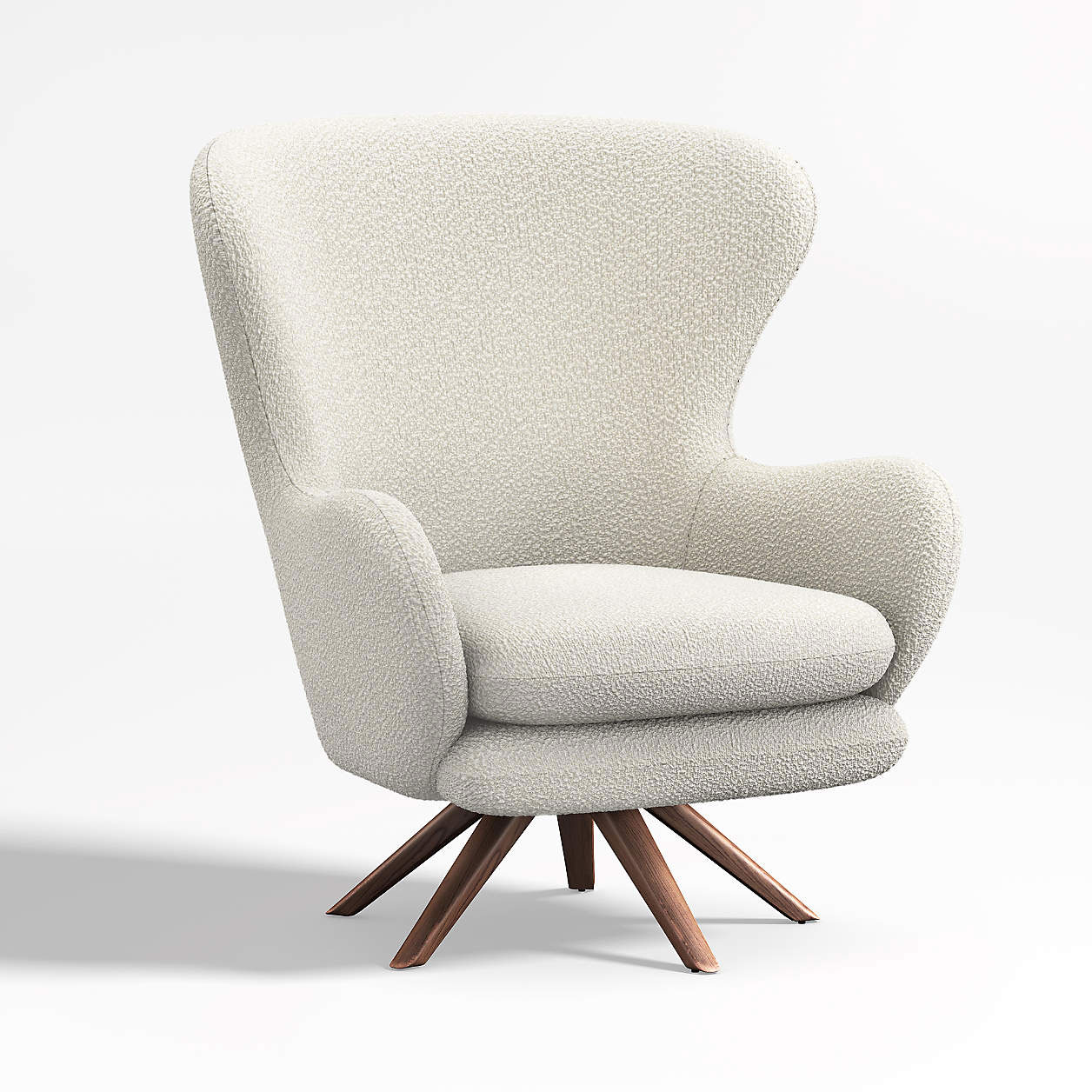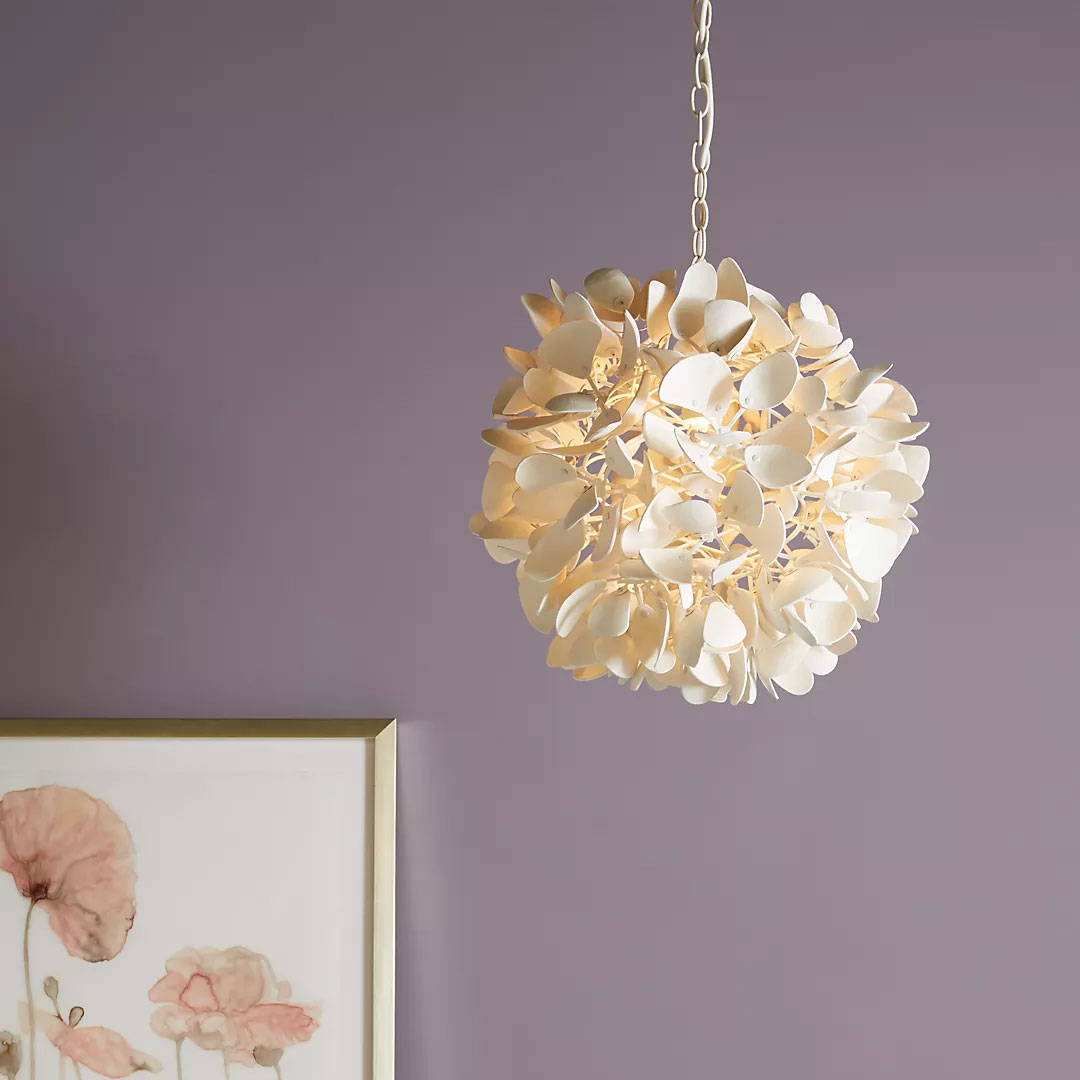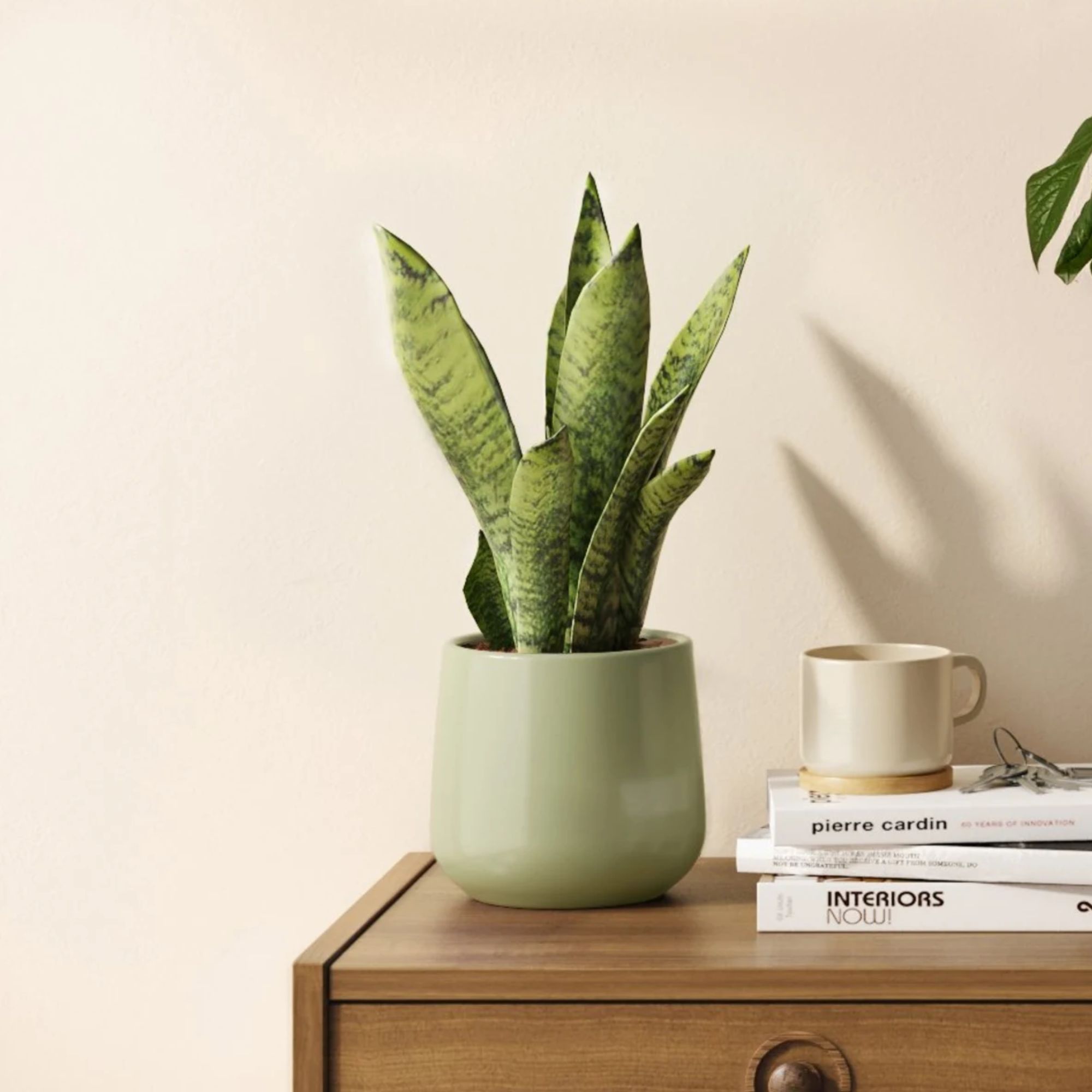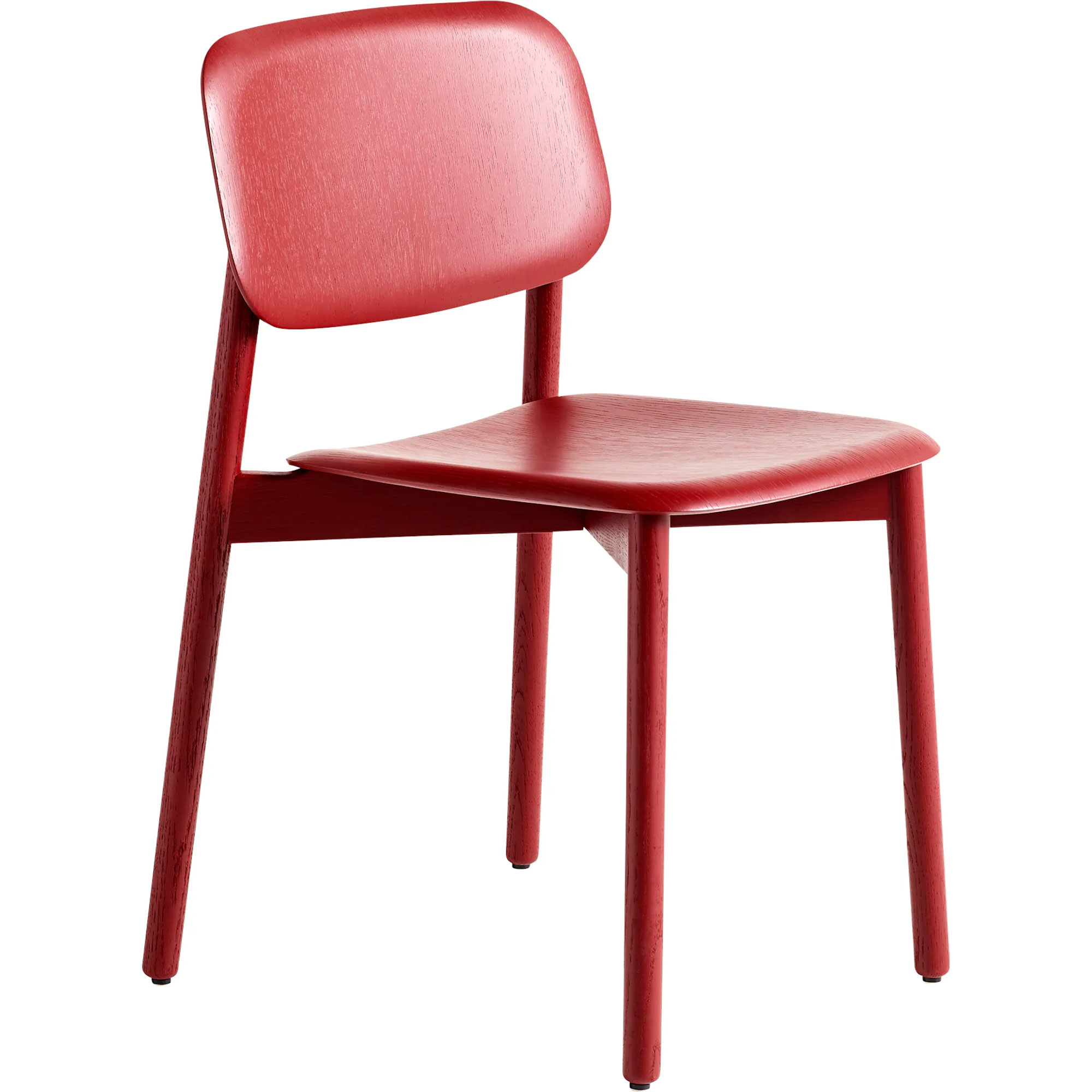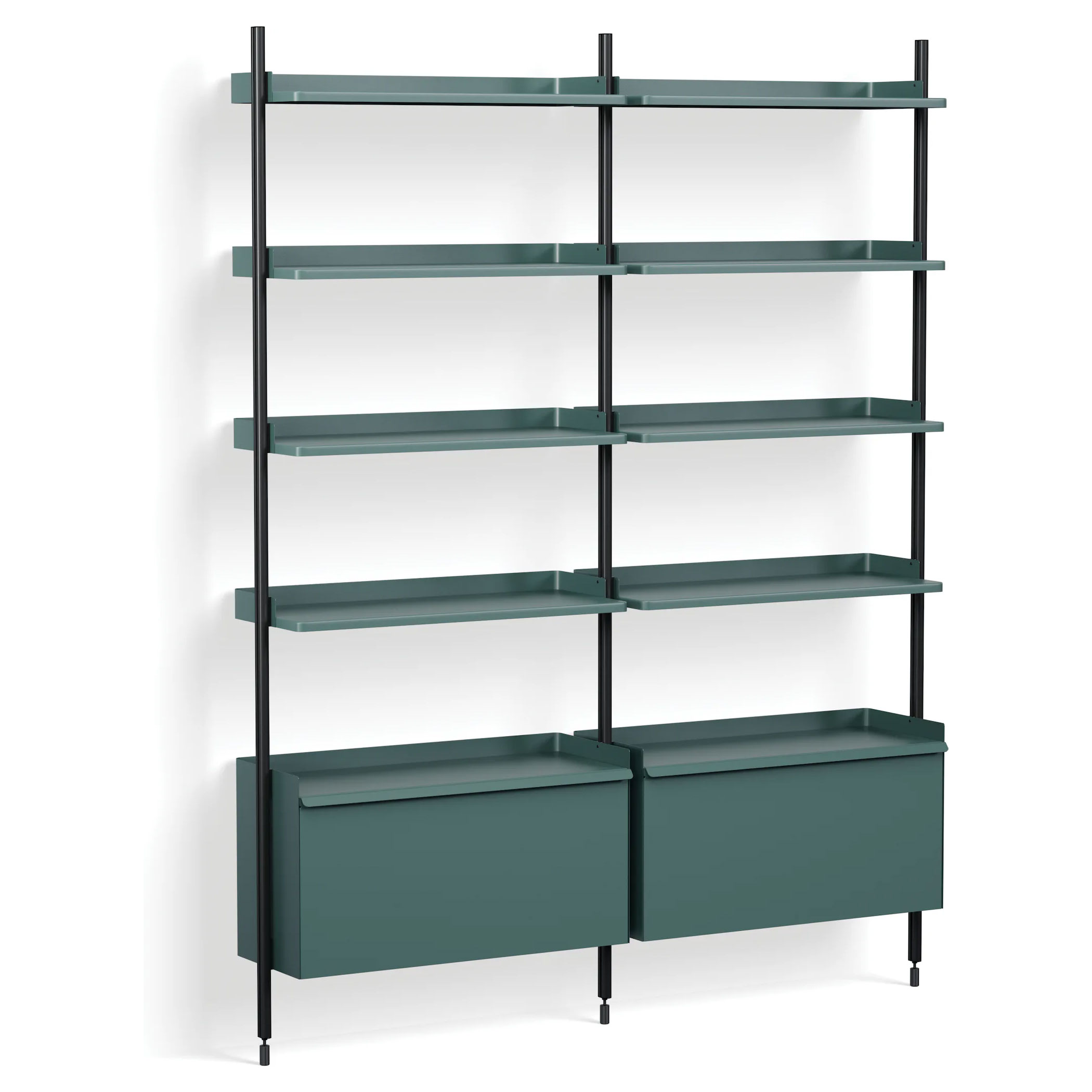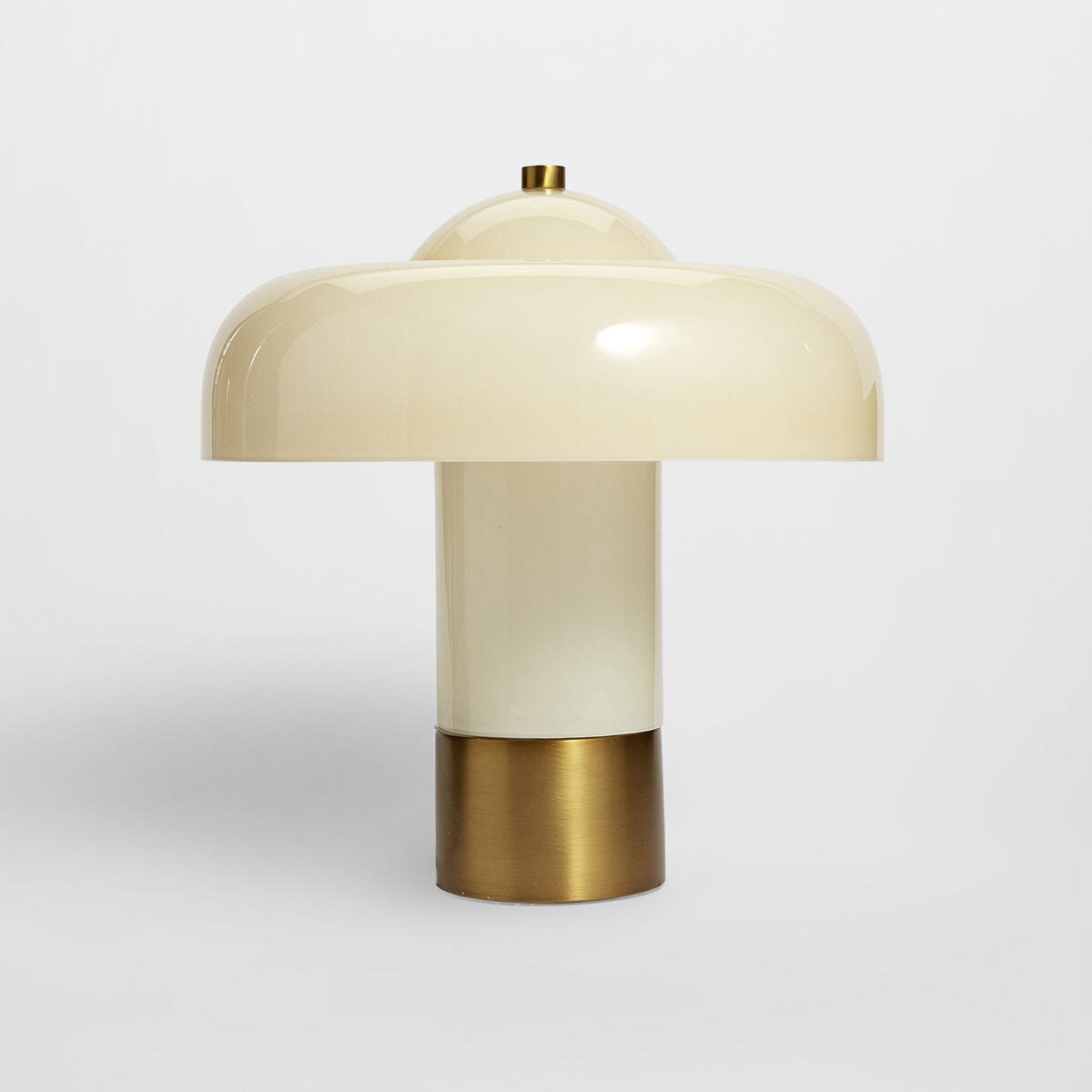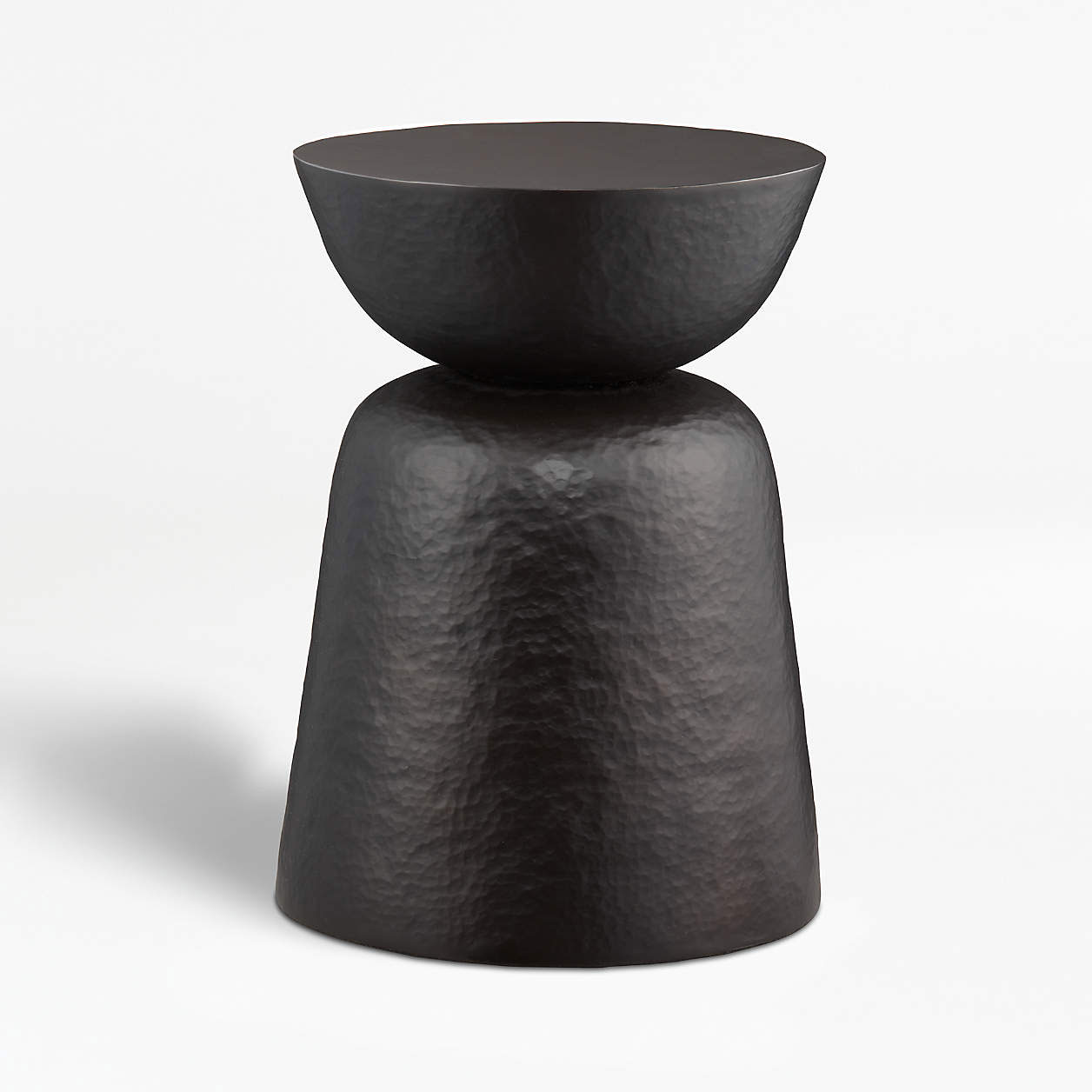My whistle-stop tour of Copenhagen reaffirmed these 5 Danish design lessons in cool and cozy design
This is how I'm warming up and re-energize my space

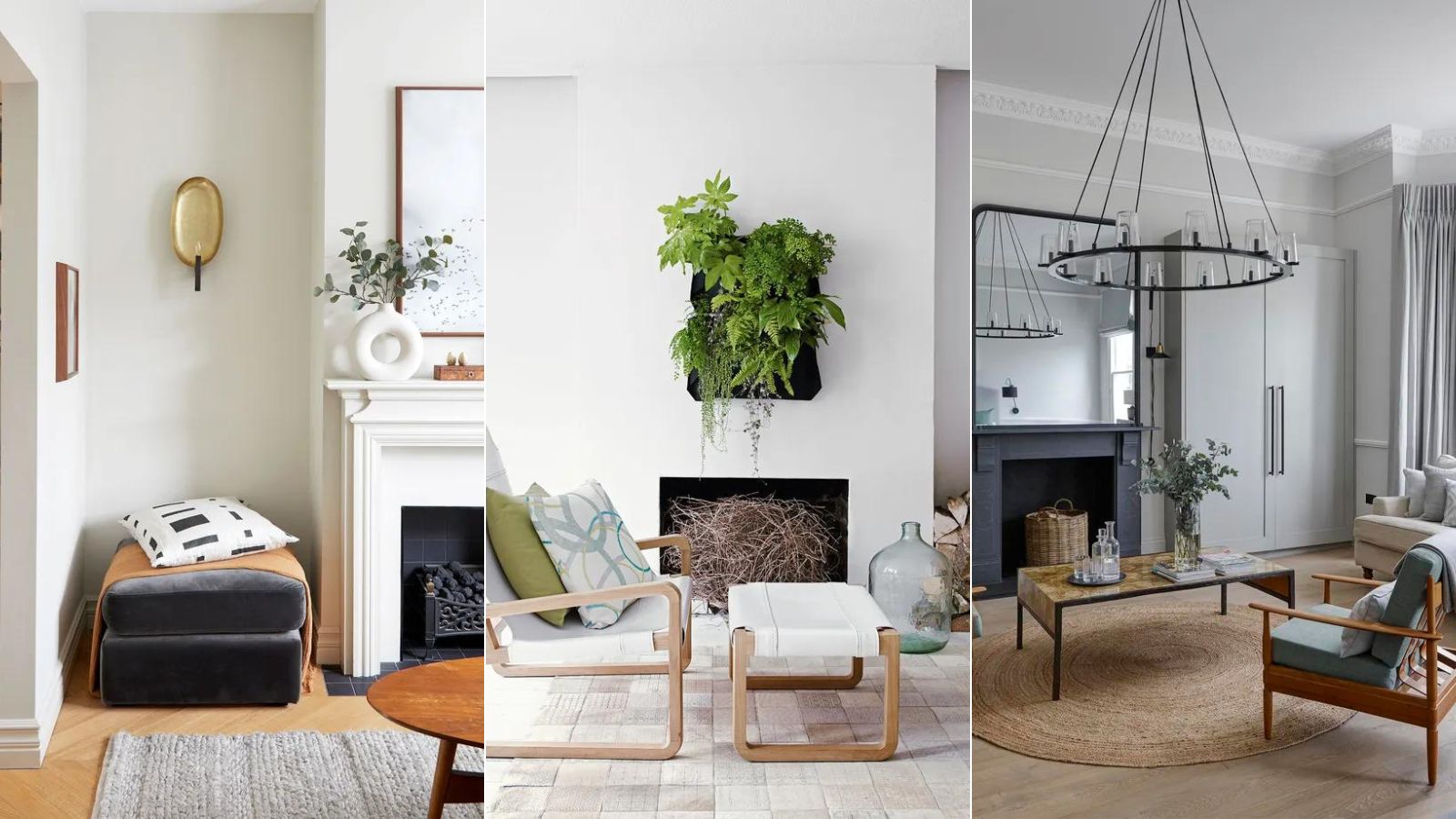
Design expertise in your inbox – from inspiring decorating ideas and beautiful celebrity homes to practical gardening advice and shopping round-ups.
You are now subscribed
Your newsletter sign-up was successful
Want to add more newsletters?

Twice a week
Homes&Gardens
The ultimate interior design resource from the world's leading experts - discover inspiring decorating ideas, color scheming know-how, garden inspiration and shopping expertise.

Once a week
In The Loop from Next In Design
Members of the Next in Design Circle will receive In the Loop, our weekly email filled with trade news, names to know and spotlight moments. Together we’re building a brighter design future.

Twice a week
Cucina
Whether you’re passionate about hosting exquisite dinners, experimenting with culinary trends, or perfecting your kitchen's design with timeless elegance and innovative functionality, this newsletter is here to inspire
A whistle-stop tour of the Danish capital, unsurprisingly, left me completely inspired to enhance every corner of my home, especially in winter when all you want and need is more color, light, and beautiful decor in your life.
I went to Copenhagen for an architecture tour, and to dive into Danish design. I had been dreaming of seeing the incredible facade of The Black Diamond Library for quite some time, and as I am a sucker for anything that has been crafted, and that tells a beautiful design story, I simply felt like it was somewhere I had to visit immediately.
Danish design at its core is functional, stylish, and unfussy – it is everything I love (on paper), but in practice achieving the Scandi living room or bedroom space of dreams, without it feeling a little cold, is not the easiest to accomplish. So who better way to hone my own cool yet cozy design skills than by exploring every stylish corner of this very cool city, with coffee and Danish pastry in hand?
Stepping into cute restaurants, and stores, and meandering into some of the best-designed hotels where just the lobby will blow you away, not to mention the rooms, essentially was a masterclass in effortlessly cool, yet cozy design. Here are five design lessons I have taught myself.
1. Lighting must be layered, and iconic
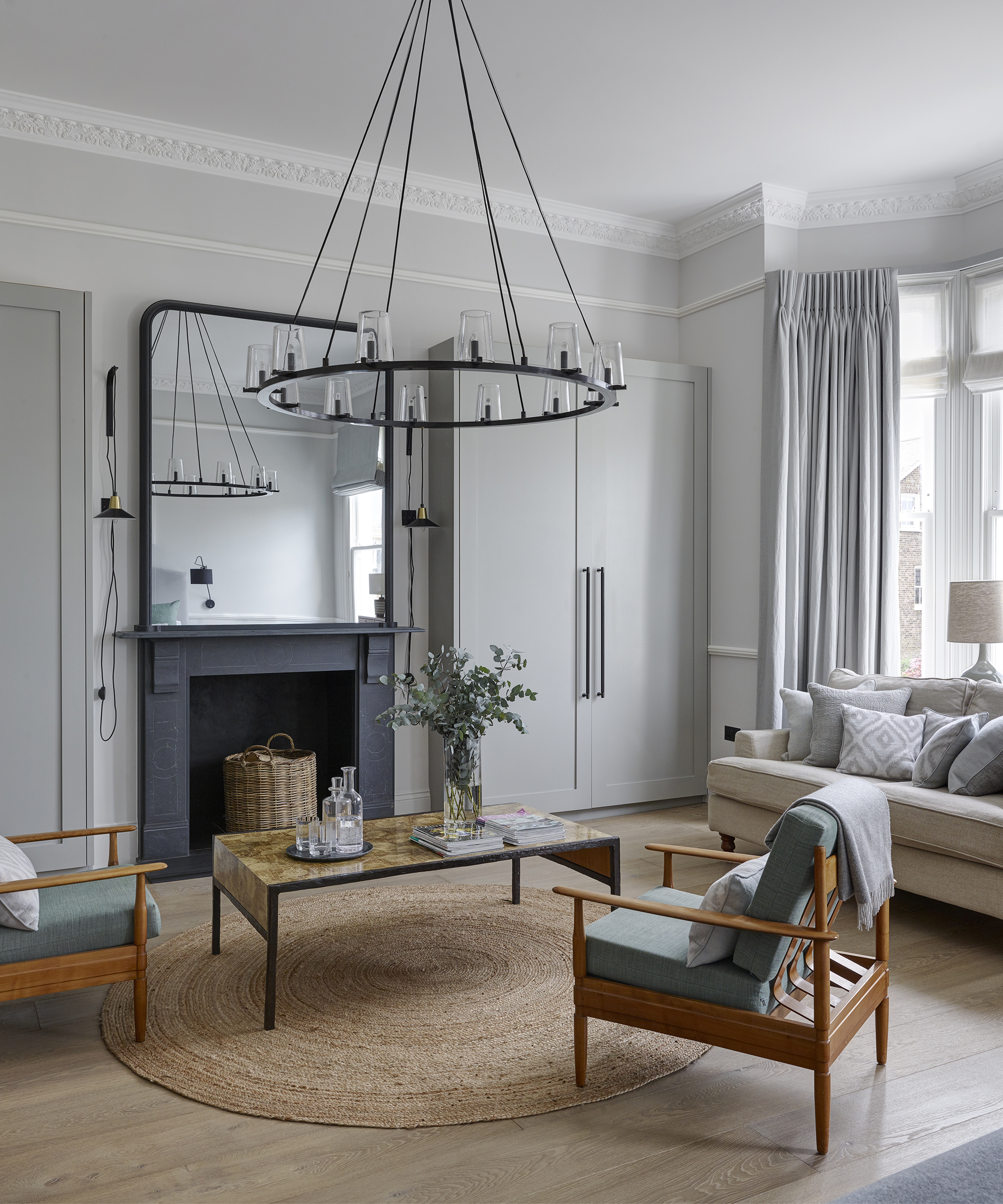
In a country that has particularly limited daylight hours in the winter months, it is no surprise that the Danes do lighting well. Globe low-hanging lighting pendants adorned many a cozy coffee table, sputnik chandeliers defined spaces, and there was a real sense of architectural detail in every design.
Alongside capturing some of the most incredible lighting silhouettes, I am sure I will have encountered more subtle lighting tricks for daylight savings too. Ambient, task and feature lighting was all layered strategically, adding pure ambiance and heightening the function of every space.
'We love cozy lightning that gives an intimate atmosphere,' says Gitte Beha Smed, head of corporate communications at the beautiful Hotel Alexandra in Copenhagen shared with me. 'You can hang the lights low and place them in small groups.'
Design expertise in your inbox – from inspiring decorating ideas and beautiful celebrity homes to practical gardening advice and shopping round-ups.
Designs were juxtaposed, and even the type of lighting varied between soft warm light and brighter white light. 'Candles are important at lounge tables and on the window sill,' adds Smed. Admittedly, a beautifully scented candle would sit perfectly in an entryway or bathroom space, but even a simple tapered candle worked wonders to elevate my coffee table photos whilst I was away. 'In Copenhagen, and Denmark generally, the natural light is bright and blue.'
For a lounge or bedroom space, I liked these Night Owl lamps from Fritz Hansen in particular, and I spotted many marbled glass mushroom lamps in an array of color variations too; I am sure these would add playfulness to both traditional and modern decor themes alike. I also came across this dimmable Sputnik Chandelier from Wayfair which is quite cool and sculpted.

Gitte Beha Smed holds an MA in Art History. She is the head of design at Hotel Alexandra, a boutique hotel in Copenhagen that specializes in design and the world known Danish architects from the mid-20th century. After 15 years working with national art and culture funds at the Danish Agency for Culture and Palaces, Gitte joined the industry in 2022. She is now an independent art consultant and runs two design hotels in Copenhagen with her husband.
2. Even small pops of color can set the tone
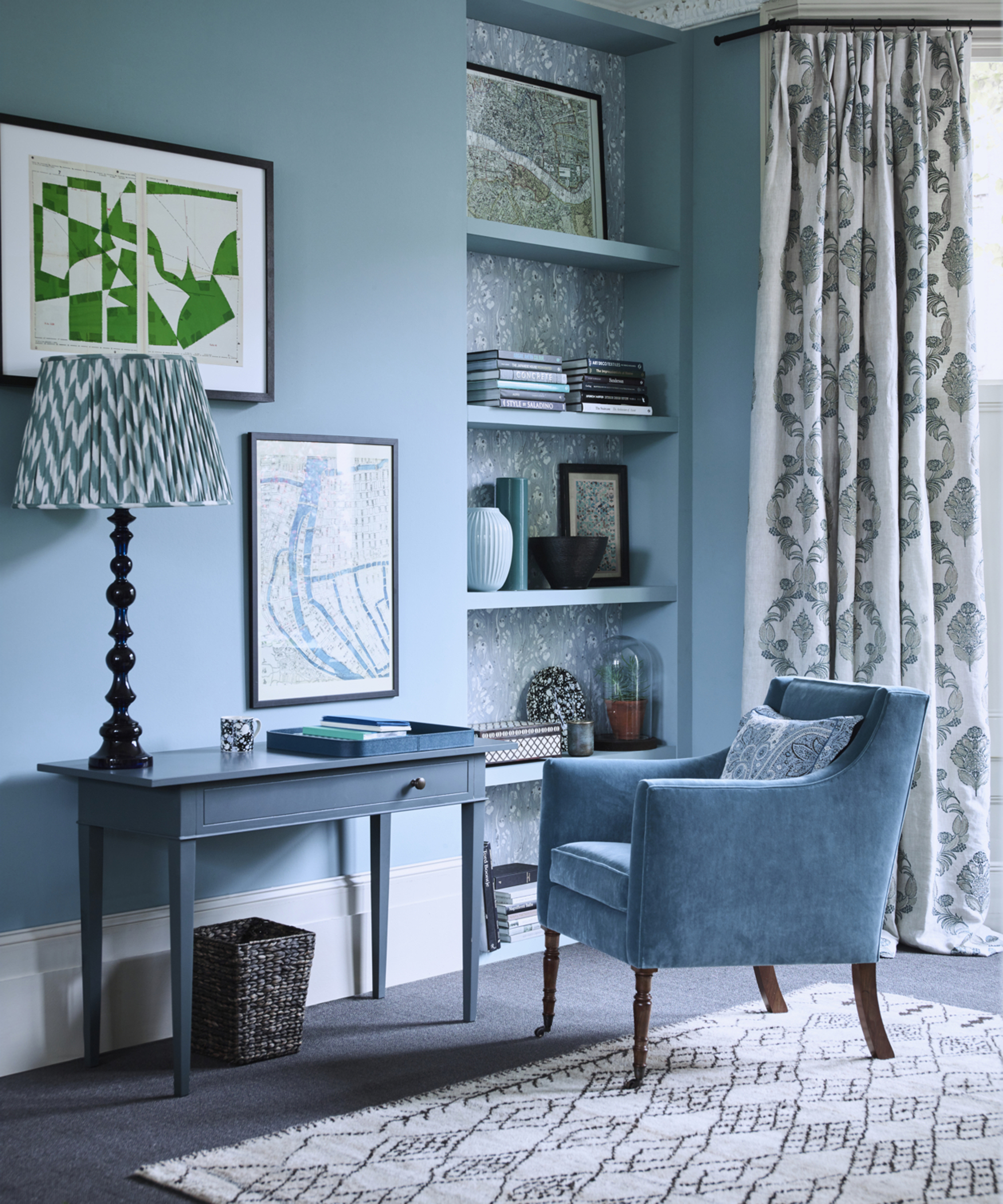
There is no denying that color shapes a space. It sets the tone and can influence mood. Though neutral color schemes are quite typical in a Scandi living room, my Copenhagen color story truly started when I visited the Hotel Alexandra. In the store at the side of the lobby, you are greeted by a beautifully-styled bookshelf adorned with a flurry of colorful bookends, and surrounding colorful accent chairs. Having come in from the cold, these energizing colors lifted my spirits.
As someone who often writes about color and who encourages experimentation in home decor, it is a little hard to admit that I am a little color-shy and find it easy to fall into a rut when it comes to my own space. For a while, I stubbornly kept using bright bedsheets over more calming bedroom colors. One very simple swap made an incredible difference to my entire room, the power of color is not to be ignored.
Smed advised me on how to bring a little of Copenhagen's essence home through color choice: 'Blue color with a neutral grayish hue or a grayish warmer stone color is often a good choice. To target the Scandi-style you can combine with more chromatic colors like green or vermillion red.'
Teamed with marvelously designed surrounding furniture and chairs, color use even in small doses can be pivotal in lifting the mood of a space. 'Color is a cherished theme at Mazo, woven into our love for vibrant expressions,' says Magnus Sangild, Head of Design and Partner at Mazo, a Danish design company with Nordic and Japanese influences. 'This affection extends not only to the captivating interplay of hues on our furniture but also to the broader environment.'
Sangild notes how colors take center stage in the newly opened Showroom in Copenhagen, giving the space a modern and lively ambiance. 'Moreover, the walls themselves are adorned with a subtle color tone of pastels, adding another layer to the visual symphony.
'In Mazo, we believe that color is not just a choice but a narrative, and our showroom in Copenhagen is a testament to the artful fusion of diverse hues, materials, and textures. Experience the vibrancy that color brings to life in every corner, creating a space that is both modern and inviting. '
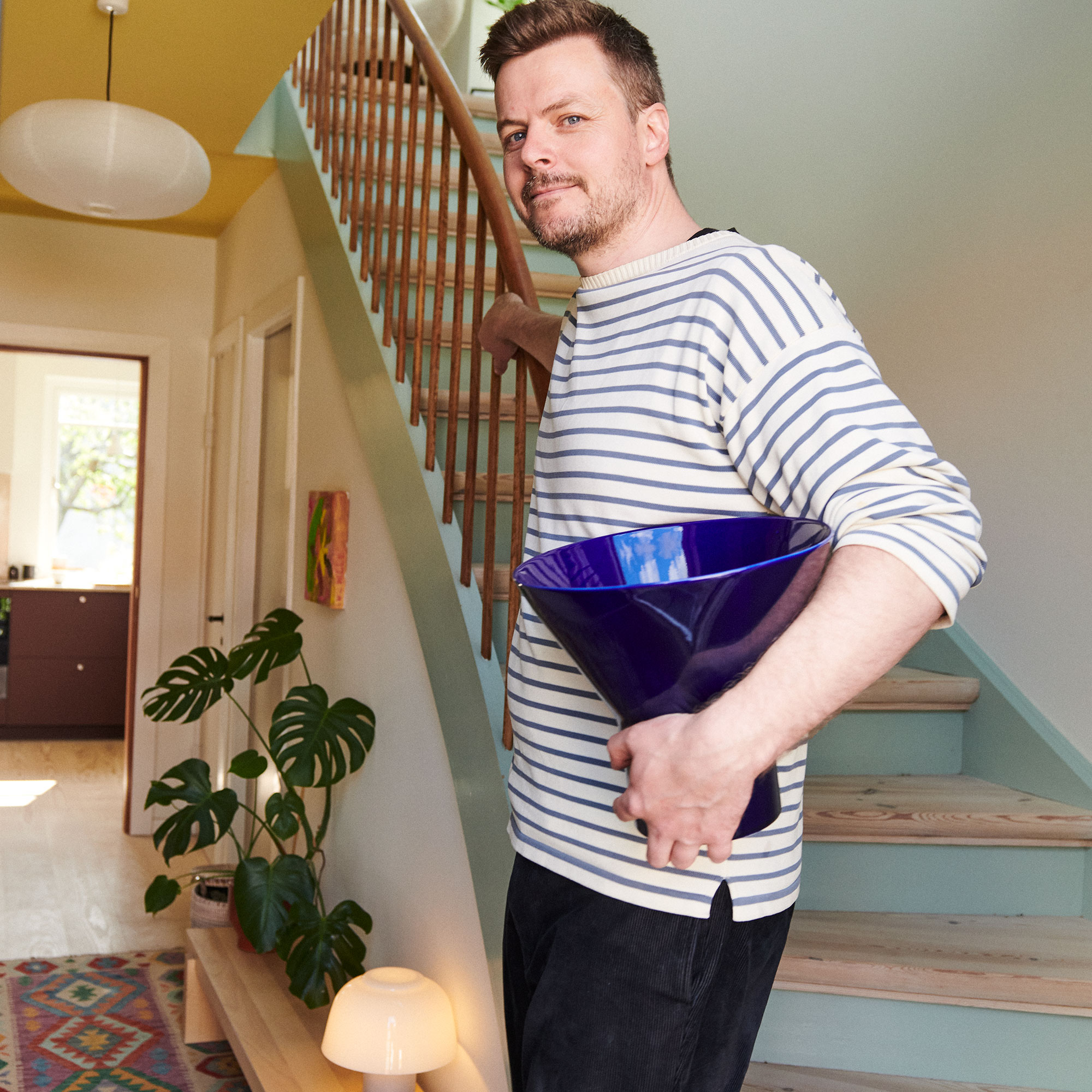
Magnus Sangild, born in Aarhus, Denmark in 1982, began his design journey at 16 as a cabinetmaker, collaborating with emerging Danish furniture designers. After refining prototypes and contributing to creative concepts, he earned the title of craftsman. Sangild then pursued formal education at the Royal Danish Academy of Design, specializing in furniture and spatial design, graduating in 2009.
In 2014, Sangild became Head of Design at the renowned Danish brand by Lassen, preserving classical designs. After five years, he co-founded Mazo in 2019 with business partner Magnus Stephensen. Their venture is fueled by a shared passion for crafting beautifully designed products, marking a new chapter in Danish design history.
3. Chairs provide an opportunity to make a design statement
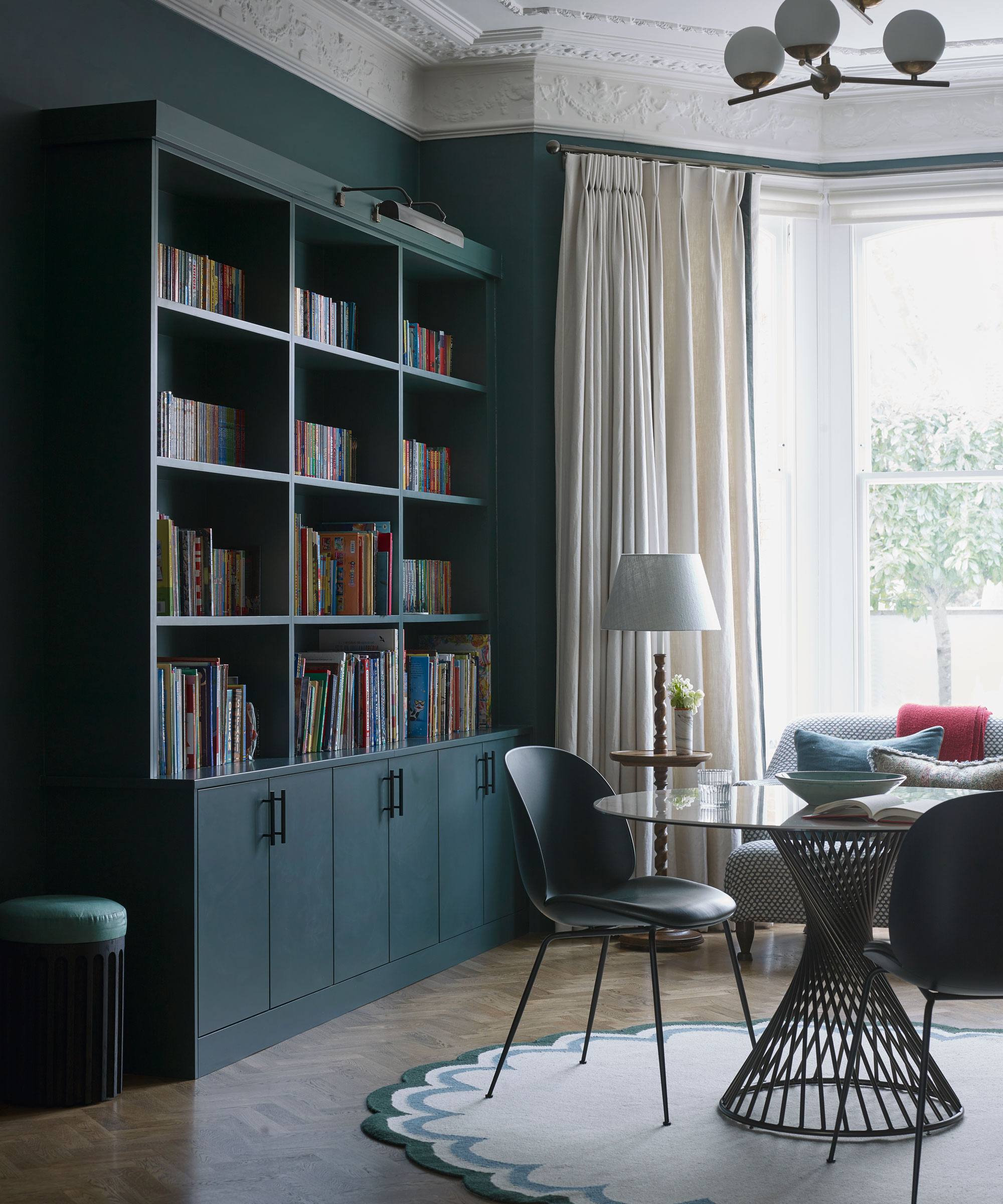
Copenhagen is renowned for its furniture design, and chairs are especially iconic.
'To infuse your space with a touch of Copenhagen or a distinctly Danish essence, consider opting for a timeless chair designed to withstand the test of time,' Sangild shares. 'Take, for instance, our ARCH Lounge Chair, crafted by the renowned Danish architect Magnus Læssøe Stephensen back in 1932. Constructed from steam-bent solid oak adorned with paper cord, this chair not only makes a bold statement but also encapsulates the quintessential Danish aesthetic through its use of natural materials. It's more than just a piece of furniture; it's a Danish vibe encapsulated in a chair, destined to endure for generations.'
Not only have these remarkable designs shaped the furniture industry, but they have allowed us to bring timeless function and effortless style into our homes. 'In our philosophy, a chair should, above all, prioritize comfort and functionality.' Hotel Alexandra's lobby celebrated classic Hans J. Wegner designs, while I spotted Arne Jacobsen's iconic Egg™ chair and Poul Kjærholm's PK22™ design in a store named Fritz Hansen; no home should be without one that nods to heritage and craftsmanship, combined with modern-age functionality – it is a really good look. Content director Lucy Searle gives us a few key pointers in buying designer furniture the right way, for longevity.
4. True craftsmanship adds instant timeless appeal
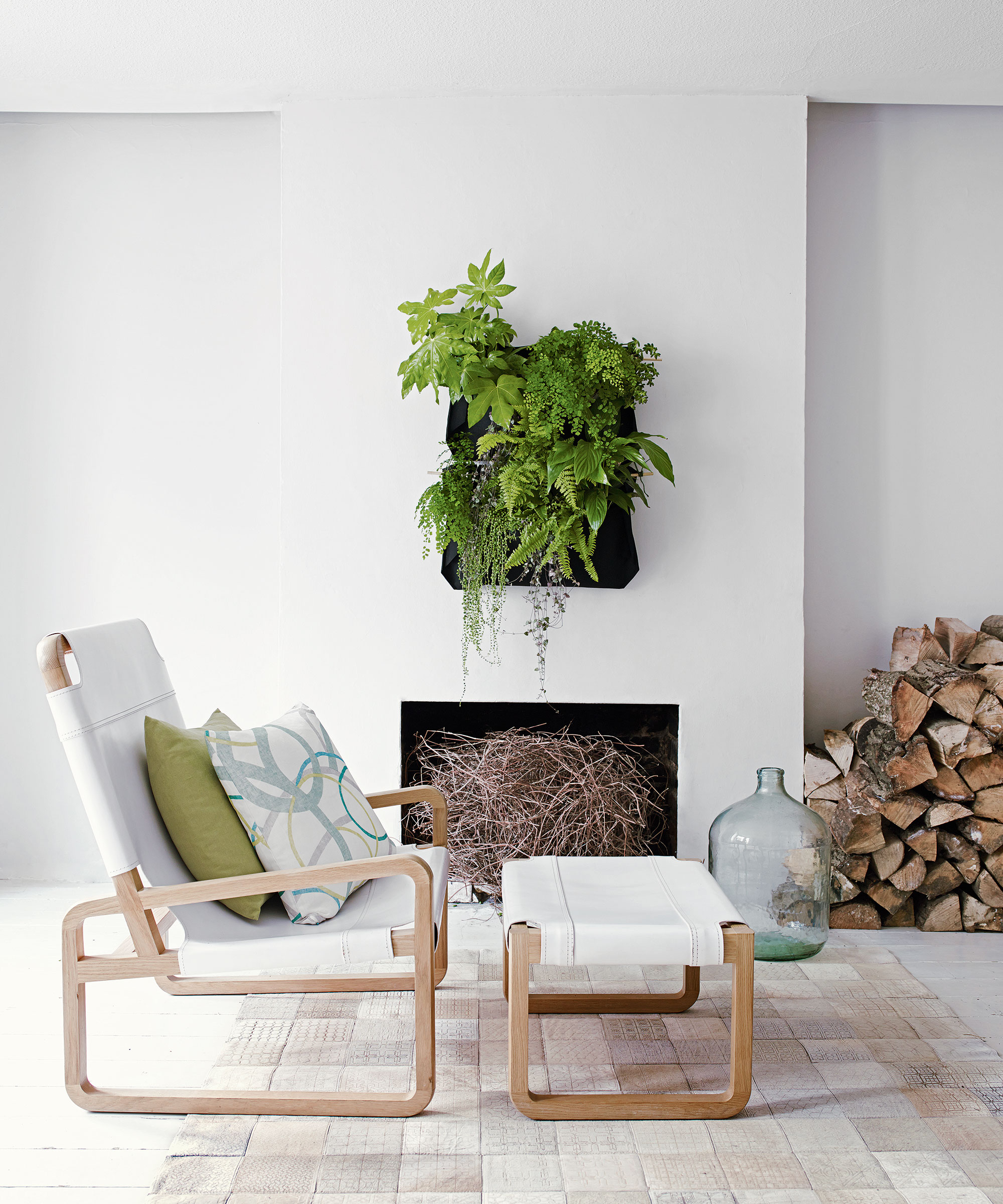
To create a home that never dates, craftsmanship will be present throughout. Fine design is an art, and there is a clear distinction between a piece of furniture that has been carefully designed on every level and one that simply has not.
Sanglid continues, 'We approach the selection of materials and the pursuit of quality with utmost seriousness. Our commitment extends to the responsibility of creating furniture that withstands the test of time, ensuring a lasting impact on both comfort and the environment.'
Taking the chair as an example, there is much more to this dining, living room, and even bedroom essential. We often take it for granted.
'A well-crafted chair embodies more than just durability and quality; it becomes a statement piece that enhances and elevates any room. Our focus on enduring designs is exemplified by creations like the TMBO Lounge Chair from 1935, which remains relevant today and is poised to endure for the next 50 years. This dedication to timeless design reflects our commitment to sustainability and longevity in furniture production.'
Relishing the soft curves of a design, the buttery finish of fine leather, the fuzzy texture of a beautifully upholstered piece, or even a light grain of wood on a rectilinear plane – there is much to be enjoyed when we prioritize bringing craftsmanship into our homes. Especially if it can complement the natural architecture of your home, your space will be enhanced like never before.
5. Just a touch of nature will lift every space
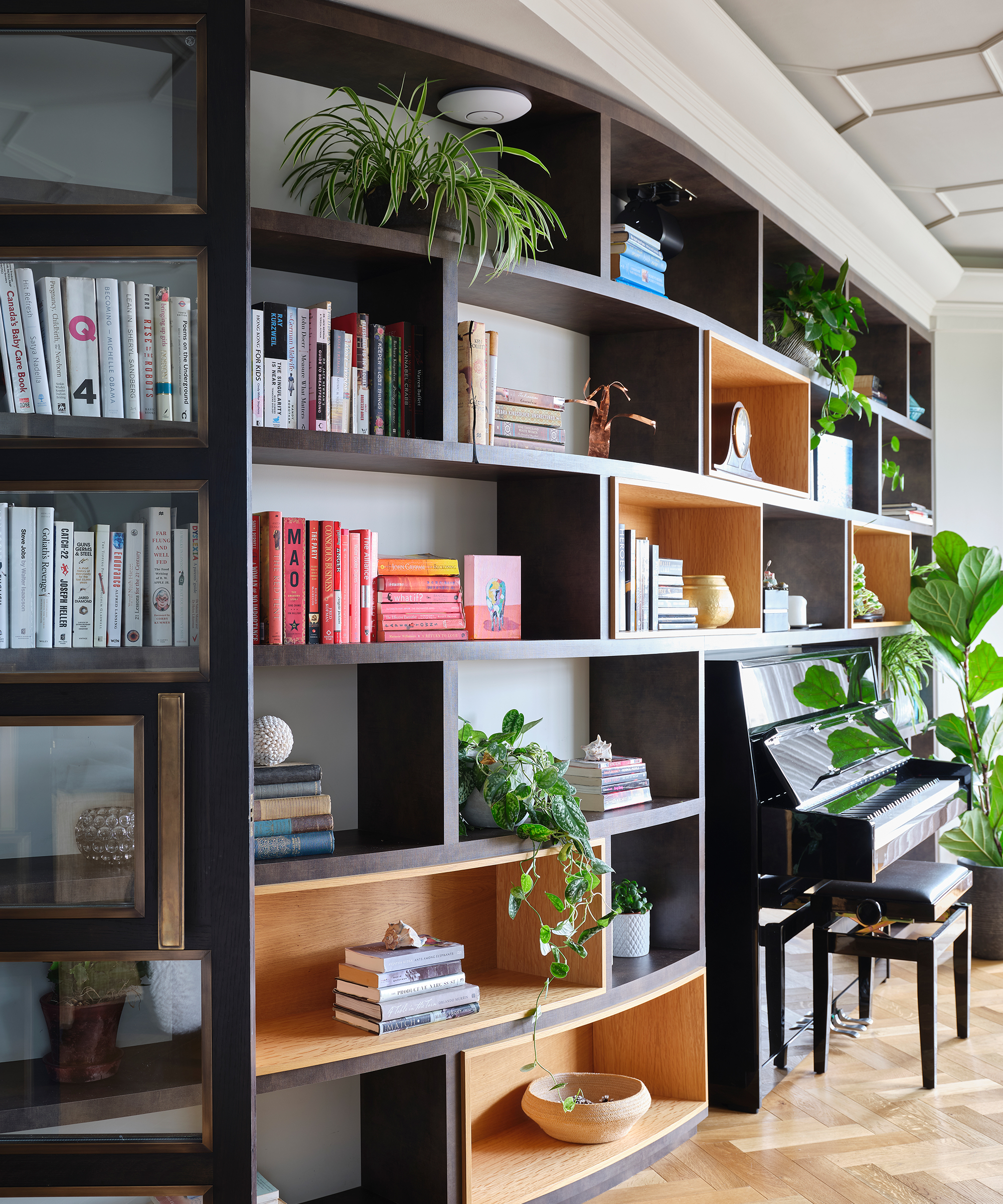
From an Art Deco design carved into dining room chairs to a dried flower bouquet as part of a simple tablescape scheme, a touch of nature always has a place and purpose inside. I spotted house plants in lonely corners, natural and raw materials were present everywhere, as were interesting forms that simply made you feel more connected with the outside. Even when the weather feels less than cozy, a little greenery will warm a space up and bring design essence to a home in every season.
If you want to give your home a mini Copenhagen-style makeover, I would consider the following, many of which are similar to designs that caught my eye out there:
'Bringing a little bit of Copenhagen into your home is all about balance between light and furniture,' shares Smed. 'Low curved lounge furniture in wood and natural or low chromatic upholstery is trending, combined with colorful accessories and deco.' I felt this very much in every space I saw and I am excited to approach my space with a more discerning, Danish-inspired, design eye.

Camille is the former deputy editor of Real Homes where she covered a broad range of topics, including house tours, small space design, and gardens. She studied English language and Italian at the University of Manchester and during a year abroad studying linguistics and history of art in Bologna, Italy she started documenting her adventures and observations in a blog. Camille is always creating and spends her downtime painting, taking photos, traveling, and writing short stories.

